
Radar | May 12,2024
A series of events last week turned the tide of war to hope for a better future but shrouded with apprehension about the delicate nature of post-peace deal settlements.
A surprise visit to Meqelle by federal officials House Speaker Tagesse Chafo led on December 26, 2022, was followed by reconnecting the city with telephone networks and the resumption of commercial flights by Ethiopian Airlines after two years of interruptions.
The surge in travellers has led to flight bookings being unavailable until mid-January, forcing Ethiopian executives to add a second flight.
“It looks like we'll make it three soon,” Ashenafi Zeray, public relations head for the Airlines, told Fortune.
He disclosed that flights to Shire, a town in western Tigray, are scheduled to restart on Monday.
Isolated from the world for nearly two years and cut off from essential services, the need to bring the regional state back to normalcy remains daunting. Debretsion Gebremicheal (PhD), chairman of the TPLF and arguably head of the disputed regional administration, met in Meqelle last week with Frehiwot Tamiru, CEO of Ethio telecom, and Abie Sano, president of the Commercial Bank of Ethiopia (CBE).
As the rest of the world welcomes the new year, Tigray Regional State has opened up - partially - after remaining under siege for over a year and begins the fragile process of recuperating. Chief executives of state-owned enterprises who travelled to Meqelle last week promised to speed up restoring and reconstructing infrastructures and public services, giving hope to millions of citizens who have suffered the consequences of a two-year civil war broke in November 2020.
The breakthrough came in November after negotiators from the federal government and the TPLF signed a peace accord in Pretoria, South Africa, followed by declarations to implement the accord signed in Nairobi, Kenya, in December.
The peace accord imposed obligations on the federal government to ensure the withdrawal of armed forces but the federal army from Tigray Regional State and the restoration of the TPLF as a legitimate political organisation. The latter has conceded to disarm and demobilise the armed forces it commands and agreed to an interim regional state administration pending elections in six months. Last week, contingents of the Federal Police were deployed to the regional state, including Meqelle, safeguarding institutions under the federal government.
In the two months since the peace deal's signing, the snag was lifted through Gonder, Semera and Combolcha for close to 30 international humanitarian and aid organisations to deliver essential medicine, food, fuel and cash. Over 959.6 million Br was transported to the regional state to pay for operational costs to deliver over 100,000tns of food and more than 10,000tn of non-food items, moved by 2,779 trucks, UN-OCHA disclosed.
Communications Director for Petroleum & Energy Authority, Bekelech Kuma, confirmed that fuel was discharged to National Oil Company (NOC) and Oil Libya Ltd. depots in Shire town a week ago.
Meqelle city and other towns were connected to the national electric grid three weeks ago. Residents in Humera and neighbouring towns have also begun receiving electricity following the repair work done in the Humera power substation after two years of blackouts. The maintenance for the station was delayed due to the rugged landscape, according to officials of Ethiopian Electric Utility. Adi Arqay and Aticho towns have also regained electricity along with Adwa, May Nebri and Rama, following successful repair works carried out at the Shire substation.
The communications head for Ethiopian Electric Power (EEP), Moges Mekonen, confirmed that the company completed powering all stations a month ago.
“We've operationalised all the stations in Tigray,” Moges told Fortune.
Residents of Meqelle were relieved of reconnecting with loved ones and having access to essential services and emergency relief supplies.
A 23-year-old resident who asked to remain anonymous told Fortune how joyful she was to see medical supplies flowing after suffering for a long time. She was a second-year student at Meqelle University when the war broke out, excited to return home to Addis Abeba.
Nahom Tesfaye was studying electrical engineering at Axum University when the war began, which led the University to close. A native of Meqelle, the past two years have made him anxious, facing constant distress. Survival was a daily struggle as gas prices went up to 160 Br for a litre, and the price of a quintal of Teff shot up to 15,000 Br.
“It's better than before,” Nahom said, recalling the price of a litre of gas sold for 400 Br. “I see a brighter future for the region."
He observed that banks have yet to open in Meqelle, hopeful that this would change in a few days.
Banking services are returning slowly, with private and state-owned banks opening their doors to receive deposits but with limits imposed on withdrawing. Industry insiders say there is a reconciliation of accounts remaining before full banking services are restored. Nearly 20 branches of the CBE are preparing to start services following reconciliation works.
According to Solomon Desta, deputy central bank governor, all banks will be open soon.
Lion Bank is one of the banks on the way to resuming services in the regional state.
“Wherever Ethio telecom steps in, we follow,” Daniel Tekeste, president of the Bank, told Fortune.
PUBLISHED ON
[ VOL
, NO
]

Radar | May 12,2024

Viewpoints | Dec 23,2023
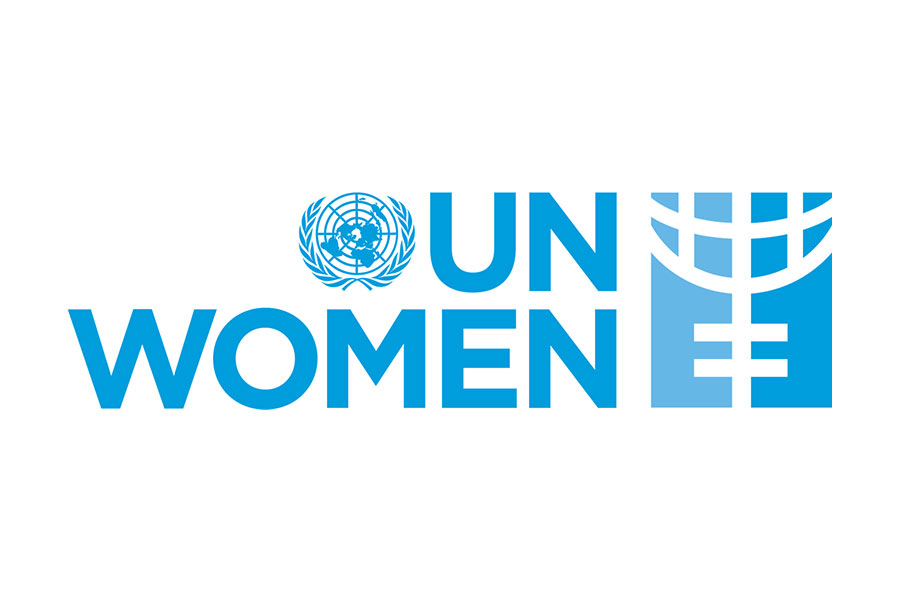
Sponsored Contents | Oct 25,2021
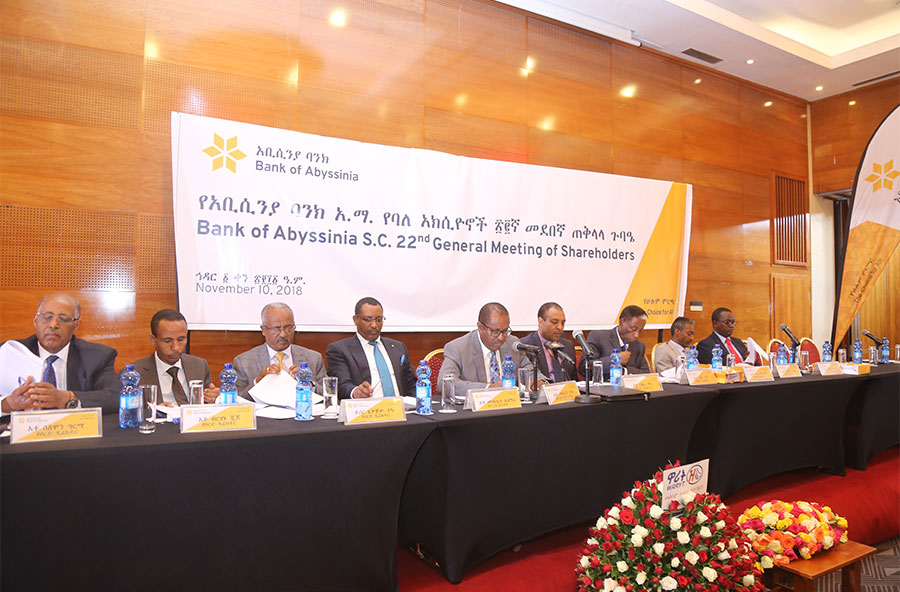
Fortune News | Dec 05,2018

Radar | May 13,2023
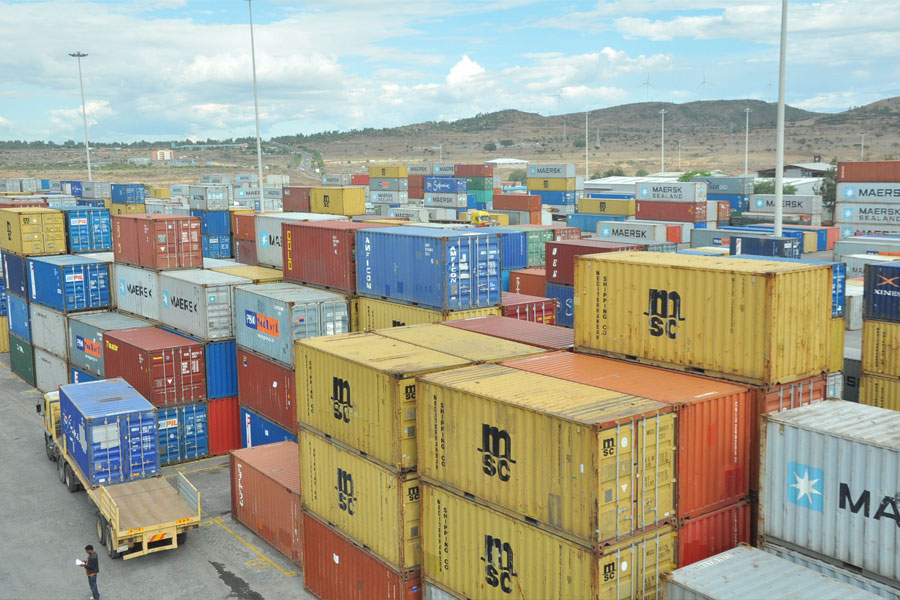
Fortune News | May 27,2023
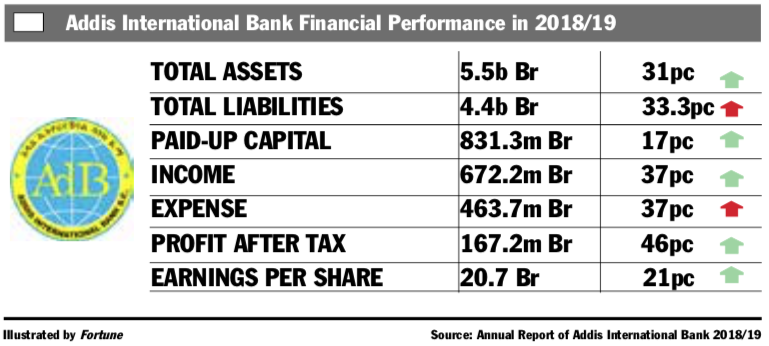
Fortune News | Dec 28,2019

My Opinion | Apr 13,2024
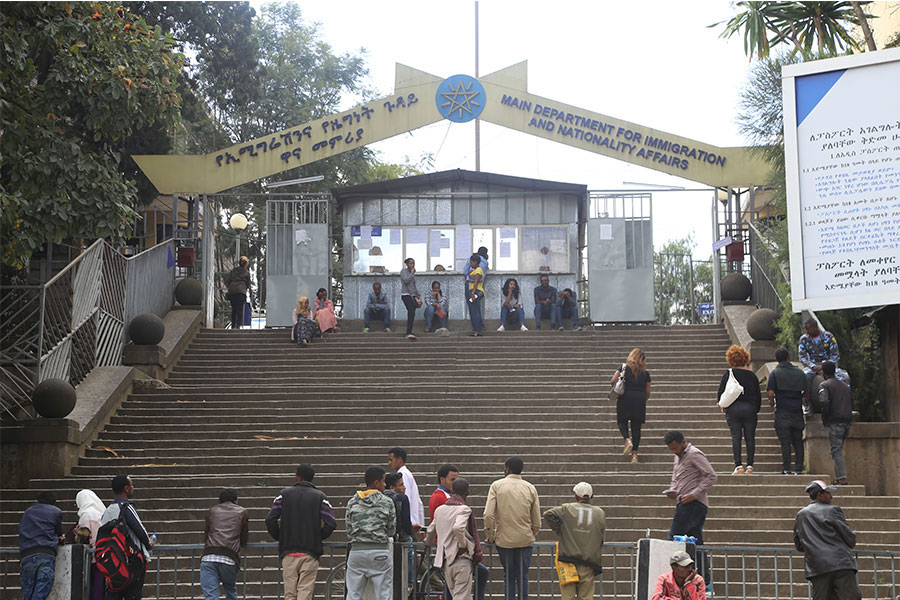
Fortune News | Sep 04,2021

Commentaries | Jul 02,2022

Dec 22 , 2024 . By TIZITA SHEWAFERAW
Charged with transforming colossal state-owned enterprises into modern and competitiv...

Aug 18 , 2024 . By AKSAH ITALO
Although predictable Yonas Zerihun's job in the ride-hailing service is not immune to...

Jul 28 , 2024 . By TIZITA SHEWAFERAW
Unhabitual, perhaps too many, Samuel Gebreyohannes, 38, used to occasionally enjoy a couple of beers at breakfast. However, he recently swit...

Jul 13 , 2024 . By AKSAH ITALO
Investors who rely on tractors, trucks, and field vehicles for commuting, transporting commodities, and f...

Jun 28 , 2025
Meseret Damtie, the assertive auditor general, has never been shy about naming names...

Jun 21 , 2025
A well-worn adage says, “Budget is not destiny, but it is direction.” Examining t...

Jun 14 , 2025
Yet again, the Horn of Africa is bracing for trouble. A region already frayed by wars...

Jun 7 , 2025
Few promises shine brighter in Addis Abeba than the pledge of a roof for every family...